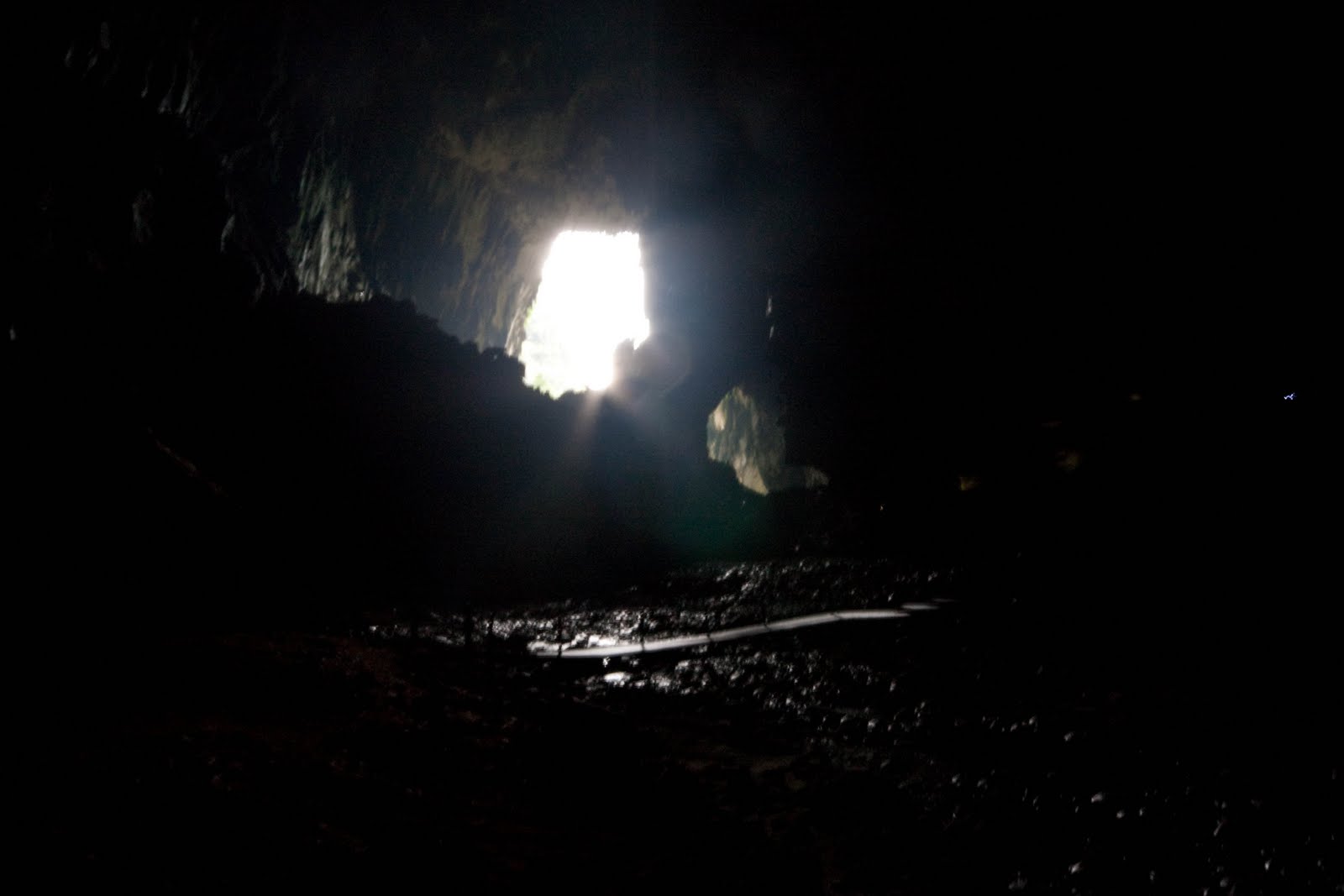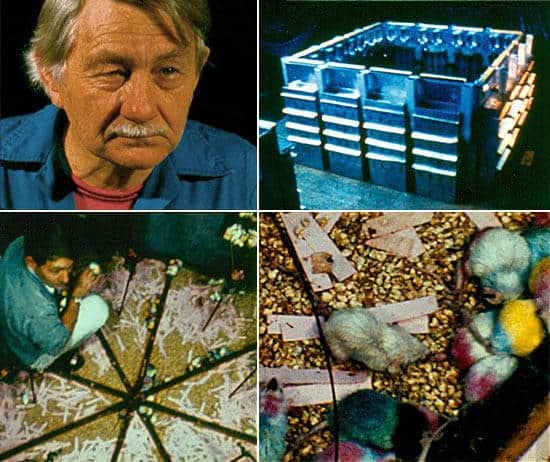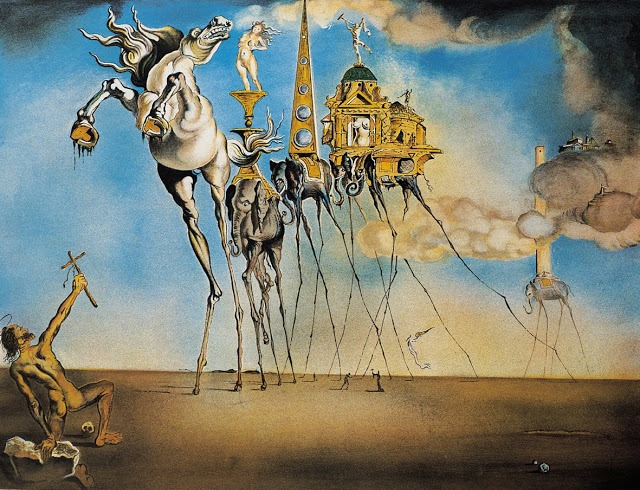Scaling Back Teaching Yoga
Recently I have come to the revelation that I simply do not have enough time during the day to get the things done that I want to get done. This includes my recently started landscaping business, my music and this blog. So I have decided to do a little bit of scaling back teaching yoga … Read more

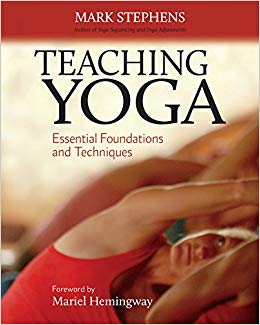
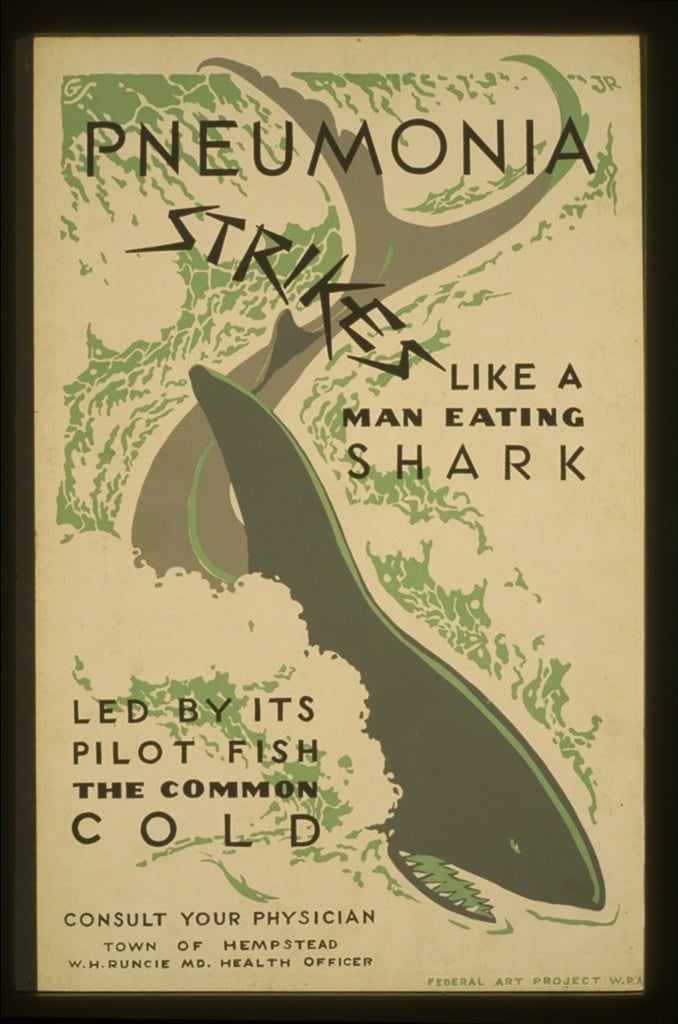

!["Rough diamond" by Unknown USGS employee - Original source: USGS "Minerals in Your World" website. Direct image link: [1]. Licensed under Public Domain via Wikimedia Commons - http://commons.wikimedia.org/wiki/File:Rough_diamond.jpg#/media/File:Rough_diamond.jpg](https://elliottelford.com/wp-content/uploads/2015/05/Rough_diamond.jpg)
